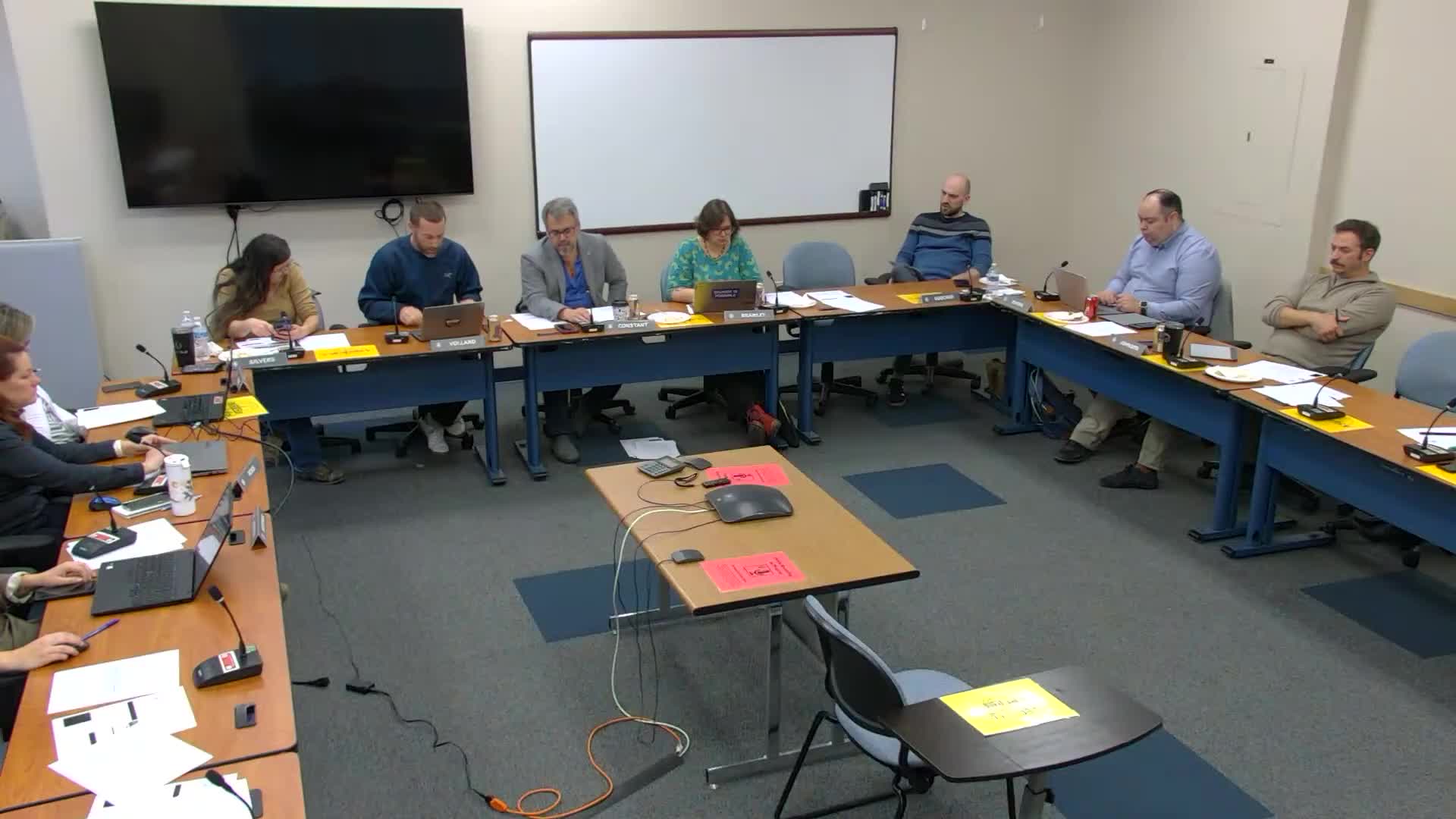Anchorage Community Council Discusses Barriers to Participation and Innovative Outreach Strategies
September 27, 2025 | Anchorage Municipality, Alaska
This article was created by AI summarizing key points discussed. AI makes mistakes, so for full details and context, please refer to the video of the full meeting. Please report any errors so we can fix them. Report an error »

In a recent worksession held at the Anchorage Municipality, city officials gathered to discuss the intricacies of community engagement and the challenges faced in fostering participatory events. The atmosphere was charged with a sense of urgency as representatives explored the barriers that hinder more interactive community initiatives.
Miss Ross, a key speaker, expressed enthusiasm for collaborating with the Federal Communications Commission (FCC) and other partners to create innovative events. However, she highlighted a significant obstacle: capacity. “We don’t feel particularly overwhelmed, but there is a lot more we could do if we had more staff,” she noted, emphasizing the need for additional resources to effectively engage the community.
The conversation shifted to the complexities of budget discussions, where Miss Ross admitted that while she understands budgeting, she often feels unqualified to represent the municipality on financial matters. This sentiment resonated with other officials, who acknowledged the need for clearer communication and expertise when addressing community concerns about budgets and governance.
As the meeting progressed, attention turned to the structure and function of community councils, which are designed to enhance citizen involvement and self-determination. One official referenced the municipality's charter, which mandates the establishment of these councils to facilitate community engagement. However, concerns were raised about the effectiveness of these councils, with some members noting that they often do not represent the broader community. “They are representative of the 5, 10, or 20 people who show up regularly,” one official remarked, pointing out the disparity between council members and the wider neighborhood demographics.
The discussion underscored a pressing need for community councils to evolve and better reflect the voices of all residents. Officials expressed a desire to find solutions that would enable these councils to reach out more effectively to their constituencies, ensuring that diverse perspectives are included in the decision-making process.
As the meeting drew to a close, the officials recognized that building trust within the community hinges on improving these engagement processes. The dialogue highlighted a commitment to not only address the immediate challenges but also to lay the groundwork for a more inclusive and representative governance structure in Anchorage. The future of community engagement in the municipality appears to be on the brink of transformation, with officials eager to implement changes that could enhance participation and trust among residents.
Miss Ross, a key speaker, expressed enthusiasm for collaborating with the Federal Communications Commission (FCC) and other partners to create innovative events. However, she highlighted a significant obstacle: capacity. “We don’t feel particularly overwhelmed, but there is a lot more we could do if we had more staff,” she noted, emphasizing the need for additional resources to effectively engage the community.
The conversation shifted to the complexities of budget discussions, where Miss Ross admitted that while she understands budgeting, she often feels unqualified to represent the municipality on financial matters. This sentiment resonated with other officials, who acknowledged the need for clearer communication and expertise when addressing community concerns about budgets and governance.
As the meeting progressed, attention turned to the structure and function of community councils, which are designed to enhance citizen involvement and self-determination. One official referenced the municipality's charter, which mandates the establishment of these councils to facilitate community engagement. However, concerns were raised about the effectiveness of these councils, with some members noting that they often do not represent the broader community. “They are representative of the 5, 10, or 20 people who show up regularly,” one official remarked, pointing out the disparity between council members and the wider neighborhood demographics.
The discussion underscored a pressing need for community councils to evolve and better reflect the voices of all residents. Officials expressed a desire to find solutions that would enable these councils to reach out more effectively to their constituencies, ensuring that diverse perspectives are included in the decision-making process.
As the meeting drew to a close, the officials recognized that building trust within the community hinges on improving these engagement processes. The dialogue highlighted a commitment to not only address the immediate challenges but also to lay the groundwork for a more inclusive and representative governance structure in Anchorage. The future of community engagement in the municipality appears to be on the brink of transformation, with officials eager to implement changes that could enhance participation and trust among residents.
View full meeting
This article is based on a recent meeting—watch the full video and explore the complete transcript for deeper insights into the discussion.
View full meeting
